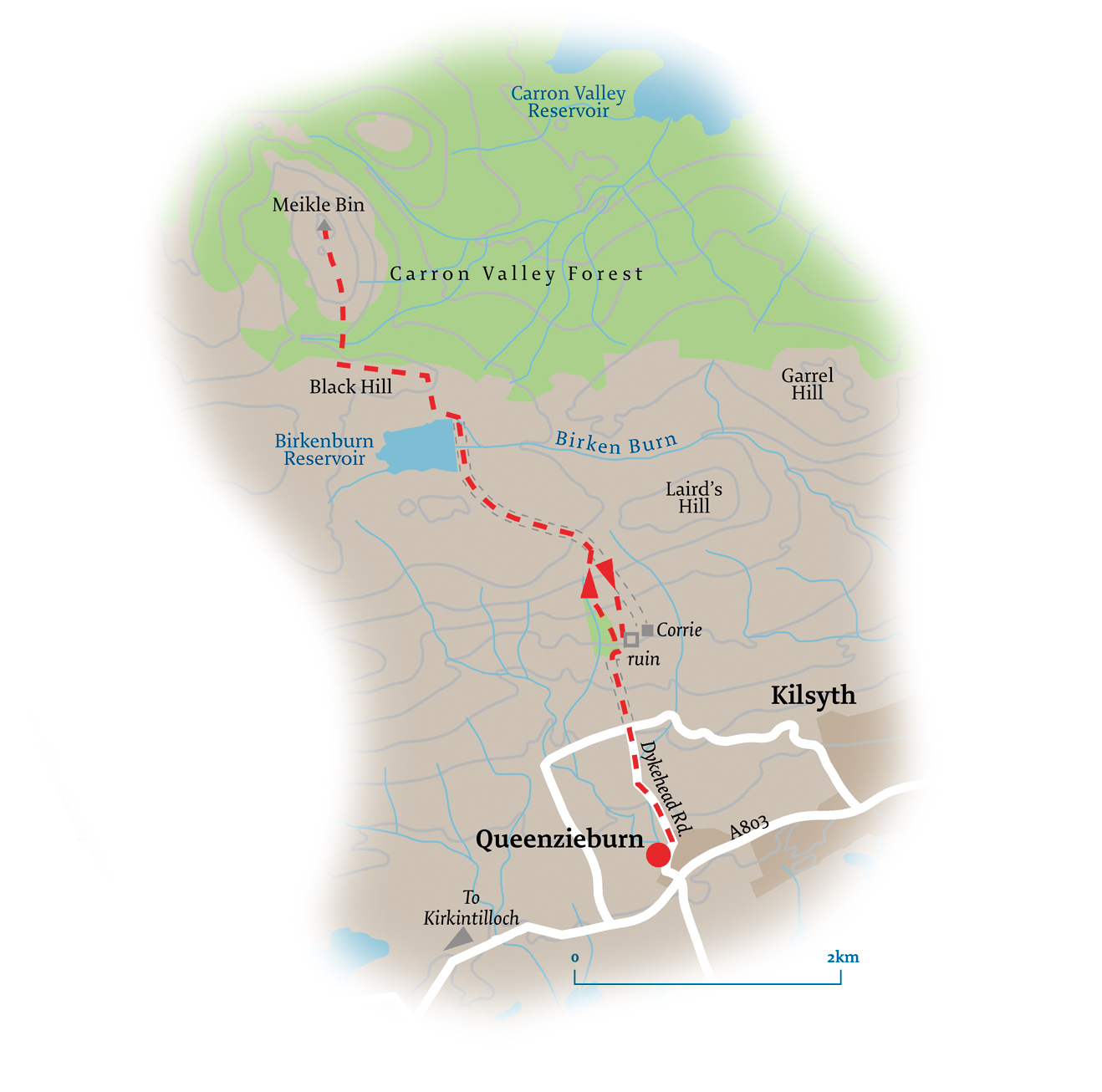This edition – Power of Attorney advice from Glasgow Solicitor Allyson Gilchrist.
Having a Power of Attorney can protect you from scams – here’s how.

Scams appear to be becoming more common, with vulnerable people often targeted. Scammers use many different methods to trick victims into sending them money or allowing them access to their accounts. Unfortunately, many are successful.
More recently, scammers have used the cost of living crisis and the COVID-19 pandemic to their advantage, creating elaborate schemes. This includes sending fake emails and texts asking for payments for vaccine appointments and Covid tests or pretending to be from government authorities with promises of grants.
Whilst most of us may feel confident in our ability to spot these scams, the sad truth is that scammers will regularly look to target the elderly and/or vulnerable, who they expect to be more trusting – and, sadly, will often tend to have a declining capacity and be less able to spot the warning signs.
What is a Power of Attorney?
A Power of Attorney is a legal document which gives a person of your choice the ability to manage your affairs in the event you lose the capacity to do so yourself.
In Scotland, there are two types of Power of Attorney. A Continuing Power of Attorney provides powers to make decisions regarding your financial/property affairs. You can decide if these powers are to take effect only if/when you lose capacity or beforehand. A Welfare Power of Attorney, however, gives powers to make decisions surrounding your welfare – but only when you lose the capacity to do so.
A person can grant a “Continuing” Power of Attorney, a “Welfare” Power of Attorney or one that combines both “Continuing” and “Welfare” Powers.
A Power of Attorney must be certified by either a solicitor or medical practitioner who must interview the granter before the document is signed. This is to ensure that they understand the nature and effect of the document being signed.
Who can be my Attorney?
More than one person (aged over 16) can be appointed. It can be a family member, friend, professional adviser, or a combination of these. We recommend that more than one person is appointed or, at the very least, that a substitute attorney is appointed – to step in should your first-named attorney be unable to act. The most important factor is that you trust your chosen attorney(s).
Someone who is currently declared bankrupt cannot be appointed as a continuing (financial) attorney.
How can a Power of Attorney help?
Having a Power of Attorney in place can help protect you (or your loved ones) against these types of scams, by allowing someone else to manage your affairs when you could be at your most vulnerable.

George House
36 North Hanover Street
0141 552 3422
What if I don’t have a Power of Attorney?
If you lose capacity to look after your own affairs without having a Power of Attorney in place, then no one has an automatic right to take actions on your behalf and a court order may be required.
Regarding Power of Attorney or any other legal advice, Mitchells Roberton Partner,
Allyson Gilchrist can assist you, contact at –
ag@mitchells-roberton.co.uk
For further power of attorney advice, Glasgow visit –
Return to Articles












